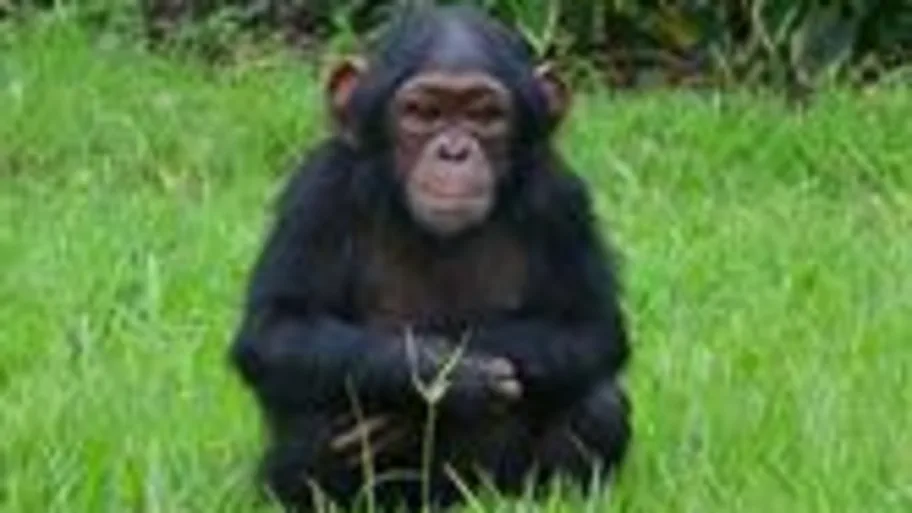
- Science news
- Psychology
- Study shows infants pay more attention to native speakers
Study shows infants pay more attention to native speakers

infant, baby
By Marcus Banks, Frontiers Science Writer
Almost from the moment of birth, human beings are able to distinguish between speakers of their native language and speakers of all other languages. We have a hard-wired preference for our own language patterns, so much so that the cries of very young infants reflect the melodies of their native language.
The connection between language and social preferences is well-established. New research, recently published in Frontiers in Psychology, demonstrates that infants also pay attention to language cues in deciding where to place their attention. Dr. Hanna Marno (Department of Cognitive Science at the Central European University, Hungary and International School for Advanced Studies, Italy) conducted a study to determine whether young babies would selectively pay attention to different speakers in their environment, even when they do not understand the meanings of the words.
In the experiment, forty 12-month-old infants first listened to two adult female speakers — one in their native language of Italian, the other in Slovenian – for two minutes. The infants then observed movies of both women — the native and non-native speaker separately — gazing at two colorful objects.
At this stage the infants attended equally to both objects for the same amount of time, regardless of speaker. Dr. Marno’s team then measured how long the infants gazed at the objects, without any further visual reference to the two speakers. This time the infants focused on the object that had first been presented by the native speaker for a longer period of time. Even though language was not directly related to the objects, infants appeared to be making linguistic distinctions in their object preferences.
Later the effect was repeated also with forty 5-month-old infants. Just as with the 12-month-olds, these infants ultimately gazed longer at the objects that had first been presented by the native speaker. This provides more evidence of how much listening to native speakers affects infants’ behavior.
From one point of view this is a distressing finding. Marno’s research replicates earlier findings showing how quickly humans form social categories, making ‘ingroup’ and ‘outgroup’ distinctions. But there are also more hopeful interpretations of this research. These infants’ behavior may not be a deliberate act of exclusion so much as a necessary filtering device for navigating a complex world.
“This study reveals the great importance of cultural and linguistic similarity in how infants choose to direct their attention. From the moment of birth humans possess the capacity to make distinctions between speakers of their native language and others, which helps understand how infants and young children are tuned to quickly acquire the knowledge of their society and adopt to their cultural environment,” said Dr. Marno.
Read the full article in Frontiers in Psychology
REPUBLISHING GUIDELINES: At Frontiers, open access and sharing research is part of our mission. Unless otherwise noted, you can republish our articles posted in the Frontiers blog – as long as you credit us with a link back. Editing the articles or selling them is not allowed.






